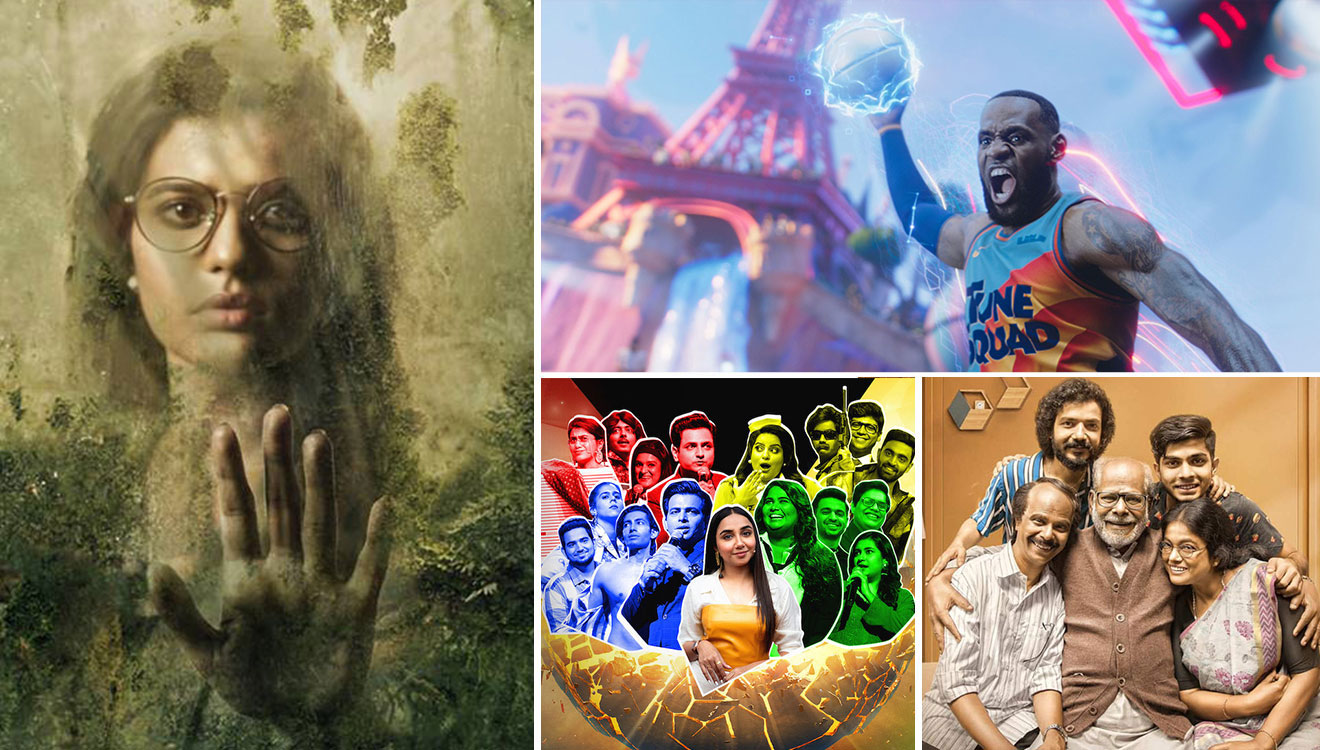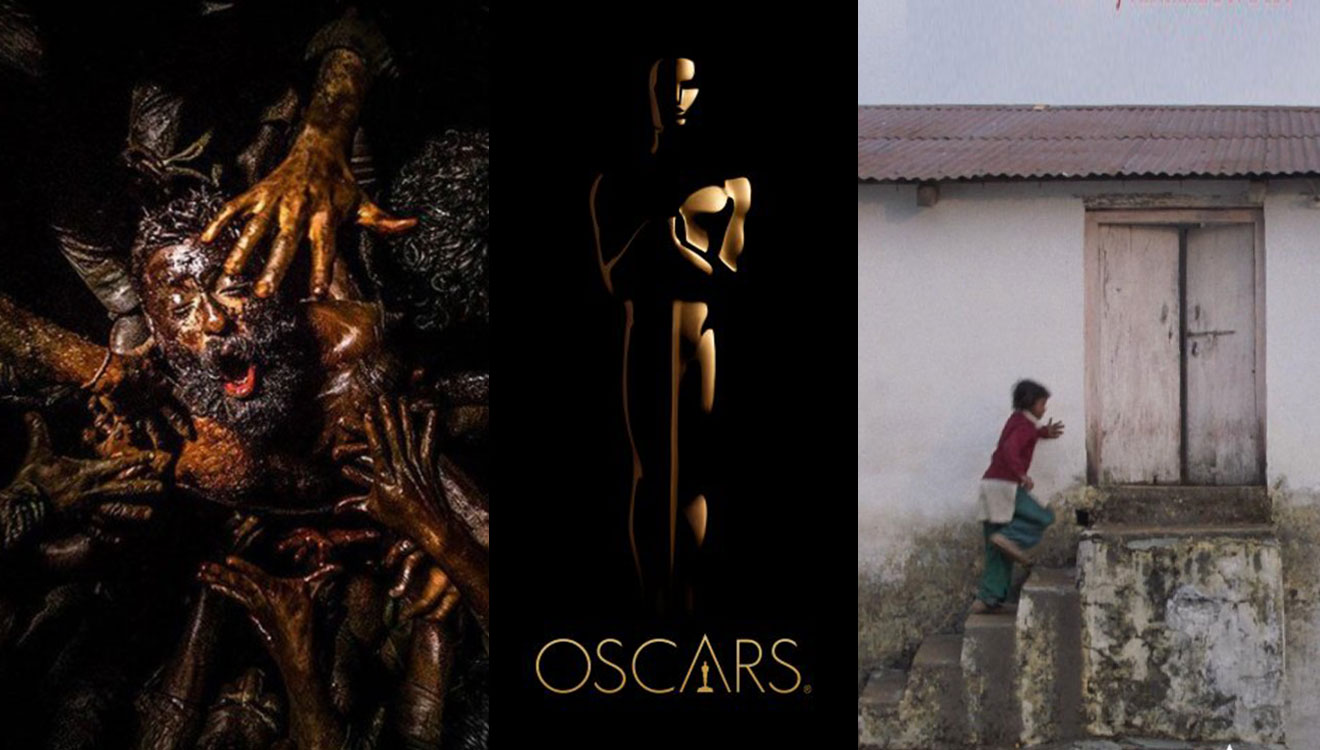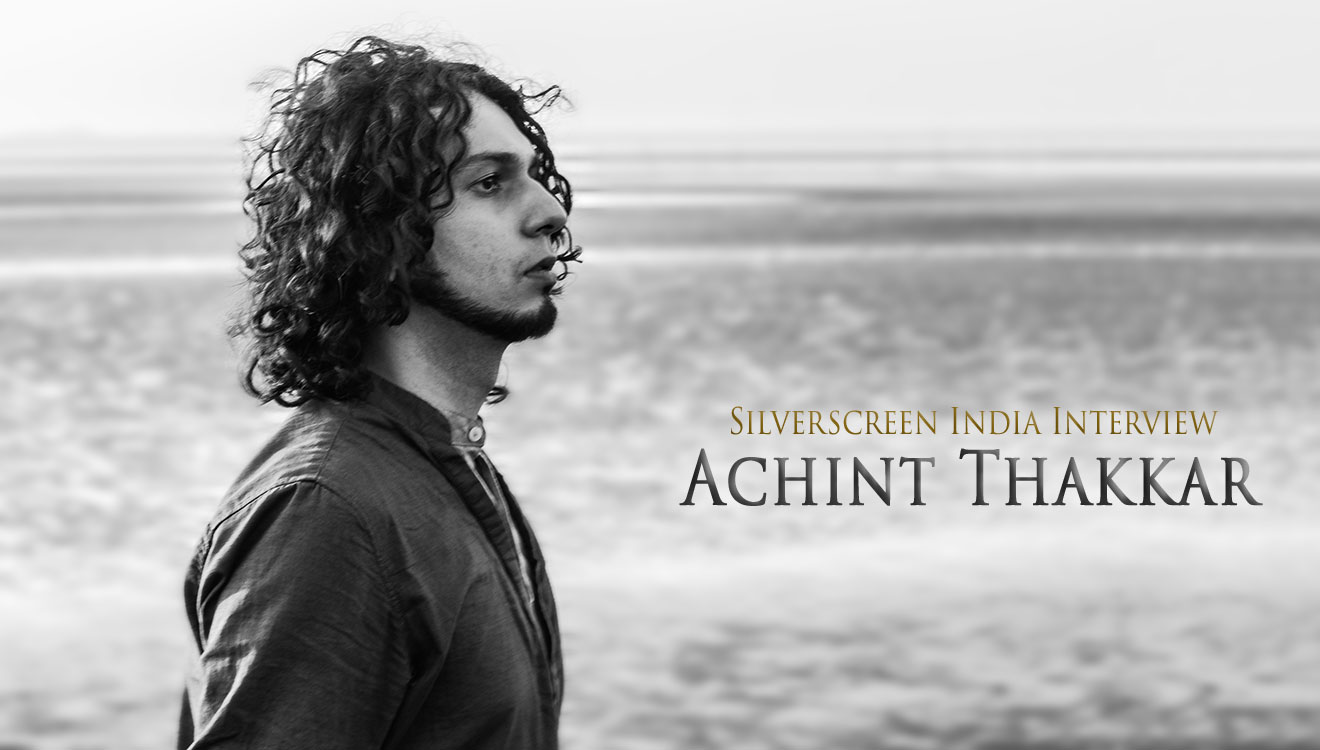Director: Arun Bose
Cast: Tovino Thomas, Ahaana Krishnakumar, Vinitha Koshy, Nithin George
*Spoiler Alert*
“Coffee is caffeine, caffeine is creativity,” says the protagonist of Luca in jest, explaining to a new friend his obsession with coffee. This line, worded so plain and in-your-face without any wit, is a sign to what the film is.
The key to enjoying Luca is your capacity to imagine Fort Kochi as a bohemian paradise where young, good-looking artistes and singers live in chaos and merry. Luca (Tovino Thomas), and his entourage of young men tick all the boxes of the kind of exoticism popularised by millennial Malayalam cinema. They have gorgeous hair, like to dress up in flowing clothes which work as an imagery of their sense of freedom. Short-tempered and compulsive do-gooders, these men sincerely believe in the power of graffiti in changing the world. This is the same cinematic universe where Charlie and Tessa existed (Charlie, 2015), where daily life looks like a pretty post card. Niharika (Ahaana Krishnakumar), a research student in Industrial Chemistry, complains about the messiness of Luca’s abode. But it’s not your usual clutter that collects dust and breeds bugs, but a carefully messed up one made to look cool.
Debutante director Arun Bose structures his film in a non-linear fashion, dividing the timeline using the incident of Luca’s death. The artist is found dead in his bed one morning. Having concrete evidence to believe that he killed himself consuming slow-poison, the head of the city’s police decides to close the case. However, a younger cop, Akbar (Nithin George), wants to look into the case deeper. You are never offered a reasonable argument to back the cop’s strange decision. Luca’s art works throb of optimism, he tells his colleagues, who nod in agreement. The policemen in the film aren’t loaded with unsolved petty cases, but are allowed to take their sweet time exploring not just the empirical part of the crime, but also the emotional underlayers of it. As Akbar, with a small team of officers, begins an official investigation, the film cuts to Luca’s past, unravelling the relationship he shared with Niharika.
The film’s ambition to be a mystery-thriller is washed out quite early into the narrative when it drops all kinds of vital clues to Luca’s death in the first few scenes. A crime is non-existent, thus turning the police’s role in the film irrelevant. In director VK Pavithran’s magnificent Utharam(1989), the mystery behind a young woman’s suicide is brought to light by a writer, the friend of her husband. This personal connection turned the investigation part human and layered. Here, Arun Bose uses Akbar’s crumbling married life as a framing device to look into Luca’s death. This choice backfires since the characterisation of the cop is severely one-note – he is soon to be divorced and might be suffering from mild depression, but we don’t have a valid reason to believe him as a sleuth. He obsesses over Niharika’s personal diary that he finds in Luca’s room, a vital evidence. He comes home every night, takes off his shoes in a dimly lit room and starts reading the diary without any sense of urgency, as though it is a novel that he hopes to fill his empty life with. We neither discover anything earth-shattering nor witness a profound change in character or scenario.
What really works is the flashback sequence which delineates Niharika’s relationship with Luca. The young woman, still tending to the wounds of a broken childhood, drifts to Luca like a lonely child in need of a friend. Ahaana’s portrayal of the character is delightfully relatable, devoid of any forced effort to look adorable on screen, never overdoing the alienness of Niharika (She is a Bangalorean with a Malayali mother and Bengali father) in Fort Kochi. And better, she retains that grip in intense emotional moments. Her excellent voice modulation might come as a pleasant surprise to those who are familiar with her past works. While Niharika and Luca falling in love is predictable, the film does a good job of developing their affair bit by bit, teasing the audience who want to see them together. This relationship arc works well because it isn’t only founded on desire. It isn’t a ‘love at first sight’ story, or a tale of one person’s pursuit of true love. The film looks at them as individuals first, and lovers next.
Rain is a constant in the film’s primary timeline. It pours down like a shorthand to Luca’s death or the gloom Akbar surrounds himself with. However, instead of adding to the drama of the scenes or bringing aboard an emotional depth, this incessant downpour only becomes meaningless static. Nimish Ravi’s cinematography is glossy in an ideal measure, and Anees Nadodi’s production design does a good job of making Luca’s life desirable.
Recommended
Luca is far removed from the utterly narcissistic Charlie of Martin Prakkat’s film. He is aware of his weaknesses, and in spite of the film’s tendency to project him as an alpha male, there are brief wonderful moments that show us glimpses of his deeper self. In a scene, he decides to console a shaken Niharika by making a portrait of hers, while she had clearly been looking for a hug or a word of support. He makes art because that’s the language he knows the best. Luca ends up as a forgettable debut film, but nice little touches as this one show what the film’s young crew might really be capable of.
*****
The Luca review is a Silverscreen original article. It was not paid for or commissioned by anyone associated with the film. Silverscreen.in and its writers do not have any commercial relationship with movies that are reviewed on the site.



